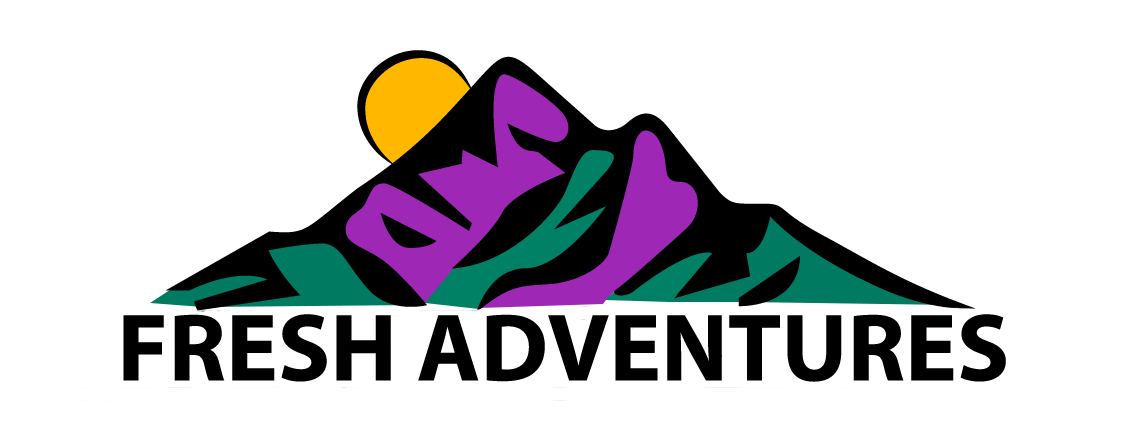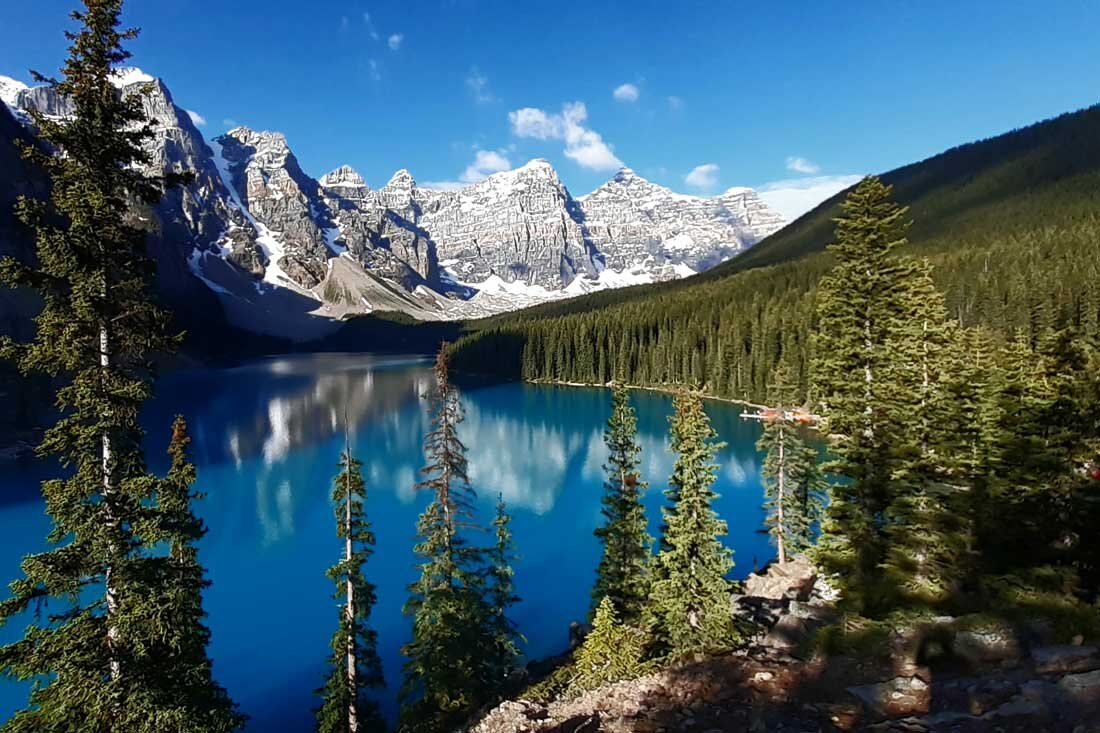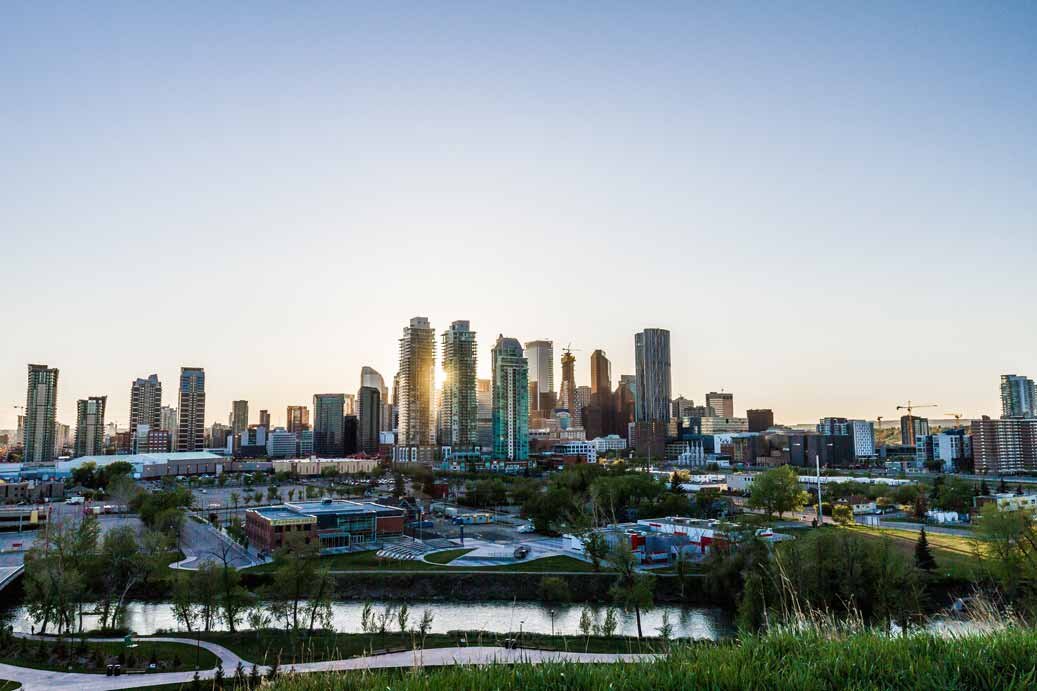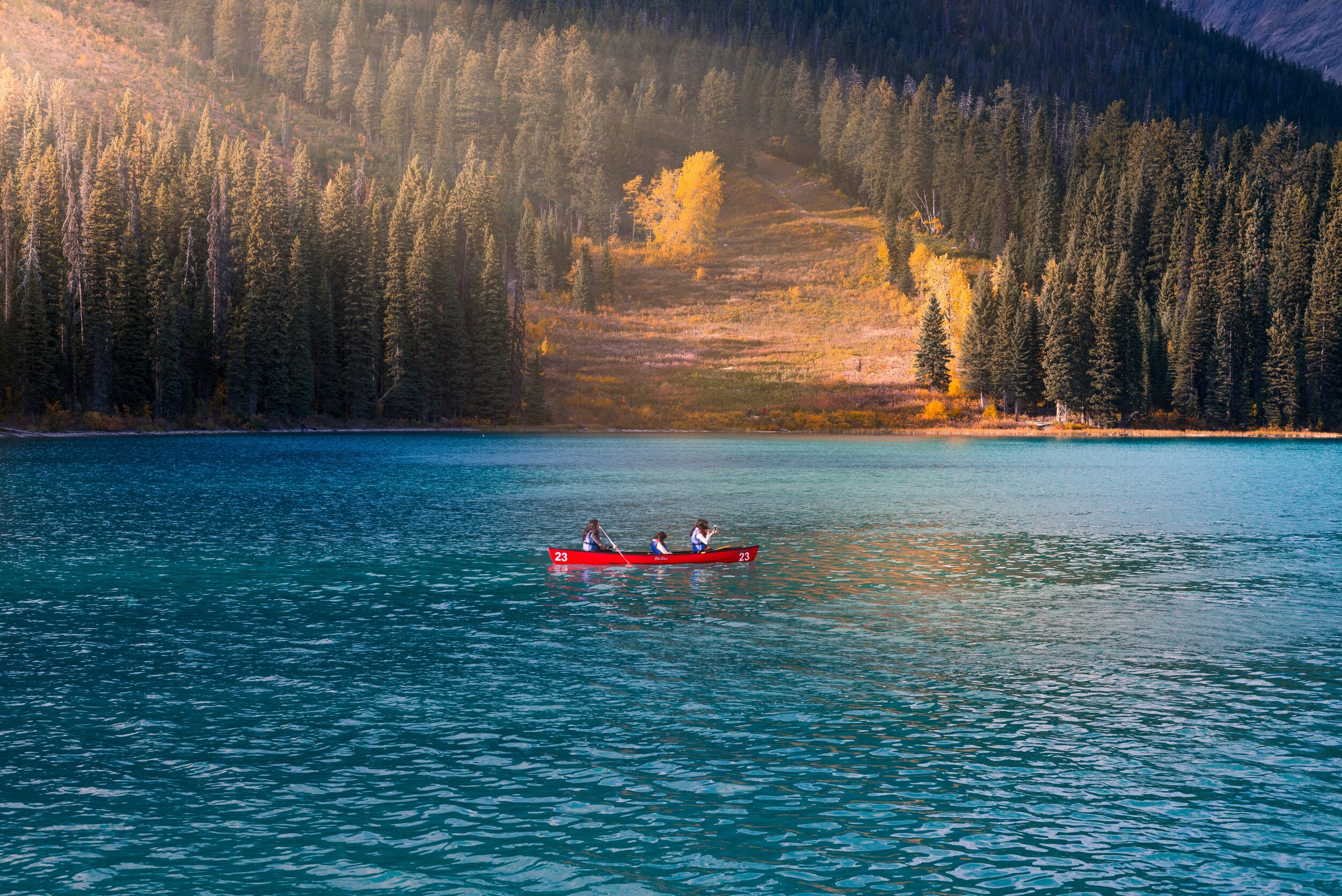Canada Travel Guide and information
This Canada travel guide is here to help you plan your vacation to Canada, with some essential information for visitors to Canada. There is no denying this country is large, and has a massive variety in experiences and places to see, to choosing what you want to experience on your trip to Canada can be overwhelming at best! From the rugged west coast of British Columbia to the bagpipes and fishing harbors of Nova Scotia and everything in between, there should be some valuable information here for your planning. Canada is a four season destination, with bright flowery springs, long, warm summer days, an explosion of color in the fall and an abundance of snow to play in during winter. Canada is a place with such diverse landscapes and cultures, that you could visit Canada a dozen times and each of your trips would be drastically different than the last. The people are very different across the country as well, with the simple way of life in the Maritimes, defiant French culture hanging on in Quebec, big city vibes in Toronto, and small mountain town neighbor vibes in the west. Canadians are a friendly bunch, and are happy to help you along the way. Welcome to the Great White North, we hope you enjoy your visit to Canada!
Regions in Canada
British Columbia
Alberta
Saskatchewan
Manitoba
Ontario
Quebec
New Brunswick
Nova Scotia
Prince Edward Island
Newfoundland
& Labrador
Yukon
North West Territories
Nunavut
Major Cities in Canada
Victoria
Home to the newly wed and nearly dead as they say in Victoria, this is the capital of British Columbia and for good reason. Victoria is truly a city on the sea, surrounded by ocean and with shoreline parks around every corner. Victoria is a fair sized city with everything you could need, but doesn’t feel like a big city, with historic alleys, ample parks and delightful bakeries and cafes never more than a five minute walk away.
Vancouver
Vancouver is known as a glamorous city on the ocean and that’s no lie. There is no shortage of fancy cars and even fancier people meeting up for drinks at trendy waterfront bars. That being said, Vancouver is also a city on the edge of a vast wilderness with endless opportunities to explore. Come here to bike, hike, sail, paddle, ski or whatever else you can think of. There is also enough good food and night life to keep you busy for a while!
Kelowna
Kelowna-fornia….. a small city or large town in the heart of lake country, with semi arid mountains and lakes in all directions. Hang out on the beach and swim in the warm waters before heading out for a wine tasting at one of the wineries the Okanagan Valley is famous for. This is one of the biggest wine producing regions in Canada, but that’s not all they have to offer here. There is an abundance of biking, hiking, camping and paddling available in the Okanagan as well, plus a ton of ski resorts in all directions.
Calgary
Often called Cow-Town, Calgary is your urban cowboy mecca of the prairies. The first big city east of the Rockies, this city of one million people has an interesting mix of blue collar oil industry and mountain loving recreation. The mountains are in sight of the city so a day trip is easy. This is where you fly in to visit Banff too. Calgary has lots of fun city things to do around town, and lots of nice walking and biking paths along the Bow River that runs right through downtown.
Toronto
The Big Smoke, T Dot, The Six, what have you, Toronto is the biggest city in Canada and best known for nightlife, hockey games and good eats. Toronto is also the most multicultural city in Canada, so ethnic food is very good here. What most people don’t know is that Toronto is right on the shore of Lake Ontario, with a ton of bike and running paths. Toronto is also the gateway to the vast wilderness of Ontario, accessible by canoe. You can read about canoeing in Canada elsewhere in our Canada travel guide.
Ottawa
Ottawa is the political center of Canada, and just like hearing a politician speak, this place is fairly boring. (just kidding, I grew up in Toronto with a healthy rivalry of Ottawa). People come here to skate on the frozen Rideau Canal in the winter, or for the tulip festival in the spring. Seriously though, that’s about the only two reasons to be here, but at least Mont Tremblant and Montreal are not far down the road!
Montreal
Montreal is the biggest French city in Canada, located in Quebec, which is the french speaking province of Canada. Montreal is famous for nightlife, hockey, being on the Saint Lawrence River and those sweet, sweet bagels. Move over New York, these bagels are better. There is also some decent skiing nearby, and a standing wave that can be surfed.
Quebec City
The epi-center of French culture in Canada. Quebec City is notable for it’s historic feel and heritage streets that have been left fairly unchanged over the past hundred some odd years. The language is French, the poutine is delicious and the maple syrup flows like the wine. Come here for some French Canadian culture, or to ski in the winter.
Halifax
Possibly my favourite city in Canada, and the most authentic feeling city listed in this travel guide of Canada. Halifax has too many bars, taverns and pubs to count and is a fairly young and boisterous town. The waterfront is full of old stone buildings, dating back to before the explosion that tore half the city apart in WW1. Come here to discover coastal gems like Lunenburg and Peggys Cove, plus feast on seafood like you never have before. I’m too excited about Nova Scotia to write properly. Just go there!
Airports in Canada
While most people coming from overseas want to plan the easiest flight with the least connections (which I don’t blame you for), I would certainly recommend you consider flying into many of the smaller regional airports Canada has to offer. In this travel guide to Canada we outline a few of these airports below, along with the major hub airports.
For ski trips I would recommend flying into Calgary airport for easy access to Banff and the Canadian Rockies, or Kelowna Airport for access to Revelstoke, the ski resorts in the Okanagan, as well as Whitewater and Red Mountain near Nelson. There are a handful of small shuttle companies that make it easy to connect from the airport to your destination. One thing I always remind our Powder Highway Ski Tour guests of is: the difficulty of getting to the Powder Highway is what makes it so special. Most people fly into Vancouver and ski at Whistler, which means that these mountains are uncrowded gems with no lift lines and far better skiing!
For anything on Vancouver Island I recommend flying into Victoria or Nanaimo, instead of Vancouver, which saves you having to take the ferry across.
For most other trips you will be flying into Vancouver, Calgary, Toronto, Montreal, Halifax or Saint Johns.
Weather and Seasons in Canada
The weather in Canada can be anything and everything. You probably wouldn’t be surprised to read that temperatures can get lower than -50 degrees C, but they can also get about 45 degrees C in some areas during summer? The geographical diversity of Canada makes our weather and climate equally varied, with oceans moderating temperatures on the coasts, lake effect near the Great Lakes, and arctic outflows sweeping down mountain valleys and across the prairies.
Generally speaking you can expect between 20 and 35 degrees C during the summer days and down to 15 or so at night in the summer. Being near an ocean or huge body of water will typically lower the summer temperatures, but also make the average temperatures warmer in the winters too.
In the winter you can plan for -20 to 0 degrees C during the days and nights, with some fluctuations. It snows fairly often in Canada, with the mountains benefiting from the snow with some of the best powder skiing in the world! It is not always snowing in winter though, you can enjoy many sunny days with amazing views and gorgeous winter scenery all around. Many don’t know but you can actually dodge winter almost entirely by visiting the West Coast of Canada and enjoying some spring like weather through the entire winter in Victoria.
While the weather is unpredictable, you can plan for it and make sure you pack some warm clothes during your trip to Canada. In this Canada travel guide we definitely recommend having an extra layer, for that surprising breeze, or when the sun disappears behind a cloud.
Travel Info (money etc)
Hopefully the visitor information listed in this travel guide makes your trip to Canada easy, but to be honest, Canada is a very easy place to travel in the first place. Your credit card should work here with no problem, and your debit card should work just fine at ATM’s in Canada. Like with all travels, we recommend having some Canadian cash handy in case you find something really nice at a market, or power goes out etc.
Typical costs in Canada:
Breakfast: $15
Lunch: $17
Dinner: $20
Drink: $7
Transit: $3.50
Hostel: $35
Hotel: $150- $300
Tour with Fresh Adventures: Priceless!































